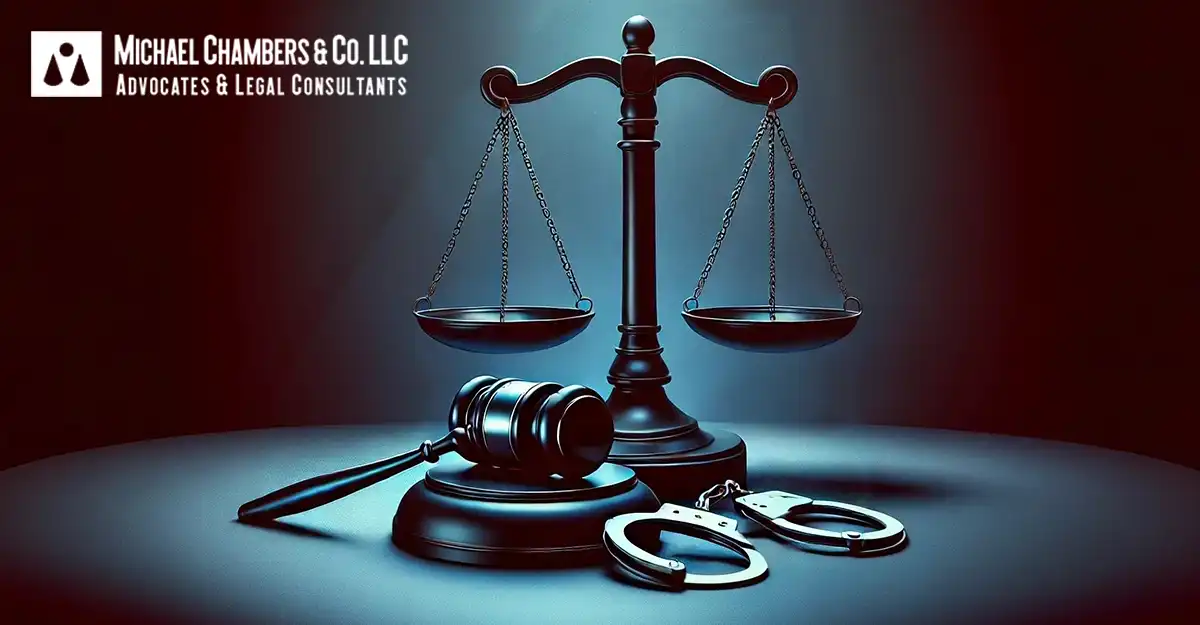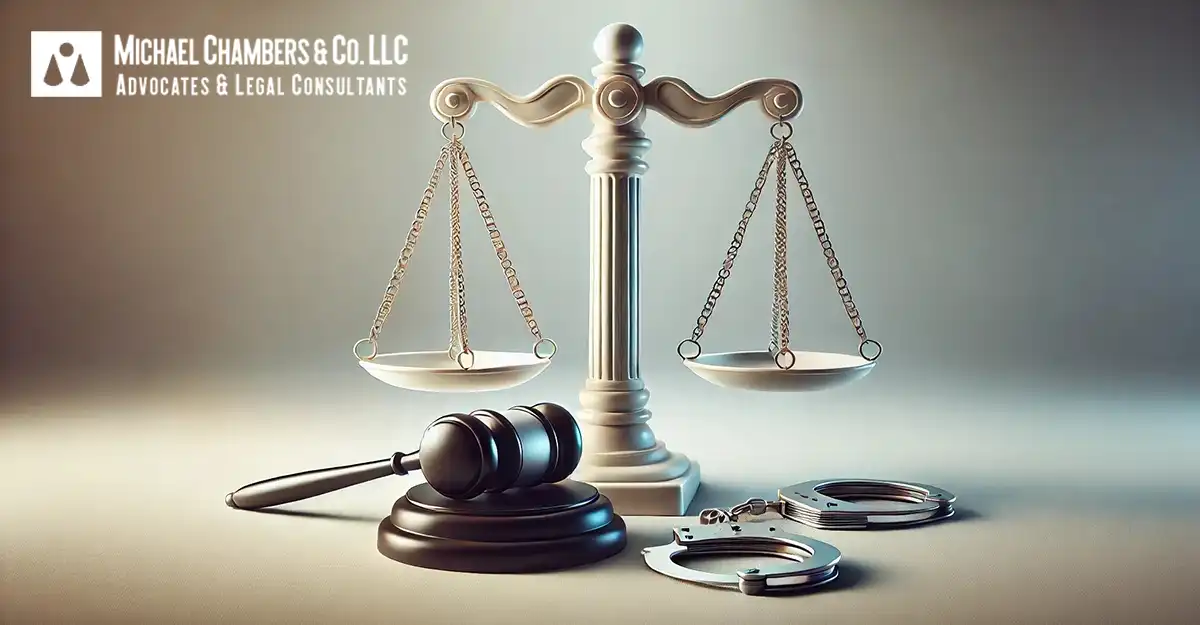Property is one of the most valuable assets that a person or a company can own and it is perhaps by virtue of this value that property tends to attract a great deal of litigation and dispute. There are many different kinds of dispute that can occur in relation to property; in this article Michael Chambers highlights some of the most common forms of dispute and the action available to an aggrieved party seeking resolution.
TENANCY DISPUTES
The most common types of dispute between landlord and tenant relate to:
- Rent Review; and
- Recovery of Possession.
Rights and duties owed by the parties are embodied in the Rent Control Law 23/1983.
Rent Review
After the initial term has terminated or expired then the rent contained in the original agreement can be reviewed by the court by request of either the landlord or the tenant. The court will seek the opinion of its valuer and will use factors such as the age, size, condition and geographical location of the property to determine a fair rent for the property. However, the Court’s ability to increase the rent is contained by virtue of governing regulation 115/2009 which states that the Court may not order an increase in rent in excess of 8% when undertaking a review.
Recovery of Possession
Under the Rent Control Law, after the expiration of the initial term, a tenant who remains in possession of the property will become a Statutory Tenant. A Statutory Tenant has the right to remain in the property and may only be evicted in certain cases. Two of the most important of such cases are:
- If the landlord requires the property for the occupation of certain members of his family or for himself; and
- If the landlord serves a written notice upon the tenant to state that the rent is in arrears and that rent is not paid within 21 days of such notice. Therefore in either of the above cases, a landlord is entitled to a court order to evict a tenant.
BOUNDARY DISPUTES
In the event that the boundary of a property is disputed, then an application must initially be made to the Director of the Land Registry for a decision as to the correct boundary. Under s 58 of the Immovable Property (Tenure, Valuation and Registration) Law, Cap 224, the Director of the Land Registry has initial jurisdiction in all such matters and upon application will settle any such disputes by placing land markers on the land itself to show the boundaries as they appear on the Register. The Director also has power to correct any boundaries which are incorrectly marked on the Register itself by virtue of error or mistake. If a party disagrees with the decision reached by the Director then he shall be entitled, within 30 days of the date he is informed of the Director’s decision, to appeal such decision. In such an event the Court will hear the case and may either uphold or overturn the decision of the Director.
TRESPASS
Trespass refers to the unlawful entry upon or unlawful damage caused to a person’s immovable property. In such an instance a person may have a remedy under section 43 of the Civil Wrongs Law. The owner of the land may be entitled to damages (where actual damage has occurred) and or an injunction to prevent further trespass. It should be noted that the degree to which the defendant has actually caused damage or the degree upon which he has trespassed upon the immovable property itself will be irrelevant in the determination of the claim, although it will hold relevance in terms of remedies available and the possibility of claiming damages.
It will be a defence for the defendant to show that he was entitled to enter the property, he was authorised to enter the land or if the acts complained of are permitted by local custom.
NUISANCE
Another common dispute arising in relation to property is the complaint of a nuisance. A nuisance is an unlawful interference with a person’s right to enjoy his/her property. A simple example is a neighbourly dispute over noise. In such a case the court may order an injunction and (in the case that damage has been caused to the person making the complaint) damages.
In order to succeed in a claim under section 46 of the Civil Wrongs Law, a complainant is placed under a burden of proof to show that there was an unlawful interference with his or her right to enjoy the property.
In such a case the Court is asked to balance the rights of each party to the respective enjoyment of his property and Section 47 of the law outlines the defences available to the defendant. It will not be a defence to claim that such actions were carried out prior to the occupation of the land by the complainant. However, where the defendant’s actions derive from a contract or covenant made between defendant and complainant then the defendant will be entitled to continue the actions.
____________________________________
Property disputes can occur in many forms. When they do occur, they can prove highly stressful for those parties involved. Swift resolution can be achieved by instructing one of our expert property litigation lawyers. Michael Chambers & Co. LLC has an experienced team who can assist with a multitude of property related matters. To speak to a member of the team, please contact us.


